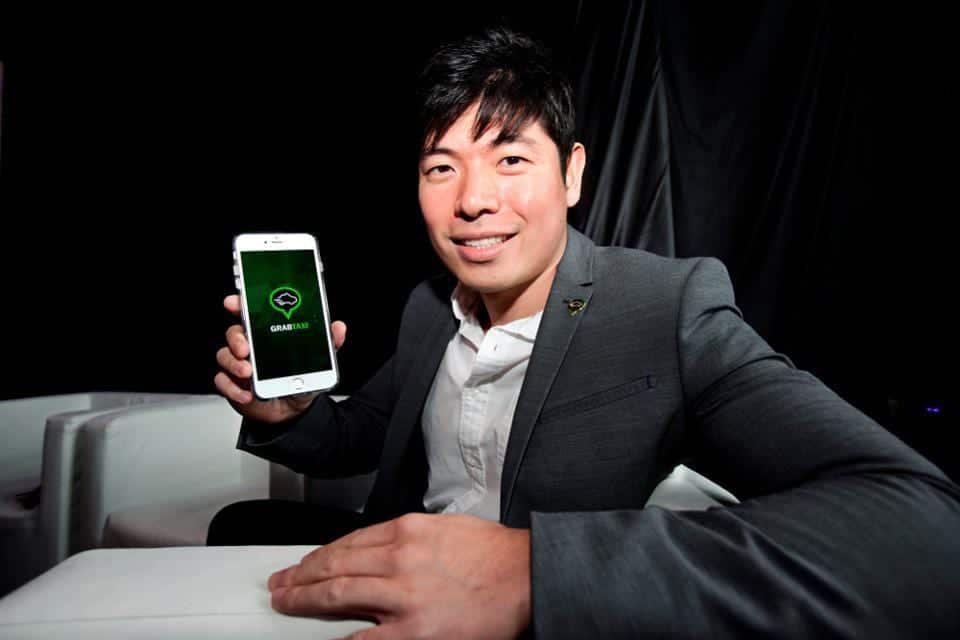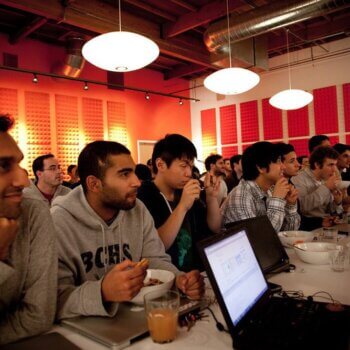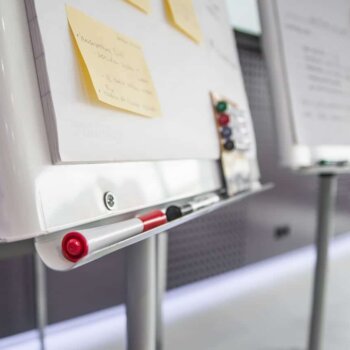Following Bloomberg’s report, Grab on Monday announced that it has acquired Uber’s Southeast Asia operations.
This deal is said to be the largest-ever of its kind in Southeast Asia. Grab said it will integrate Uber’s ride sharing and food delivery business in the Southeast Asia region into Grab’s existing platform as it takes over Uber’s operations and assets in Cambodia, Indonesia, Malaysia, Myanmar, the Philippines, Singapore, Thailand and Vietnam.
As part of the acquisition, Uber will take a 27.5% stake in Grab and Uber CEO Dara Khosrowshahi will join Grab’s board.
Moving forward:
- Food delivery: Grab will rapidly expand its existing GrabFood businesses in Indonesia and Thailand to two more countries – Singapore and Malaysia – following the integration of the Uber Eats business. GrabFood will be available across all major Southeast Asian countries in the first half of 2018.
- Transportation: Grab will grow its core transport offering to include more localised transport services and new mobility solutions, in partnership with other transport providers and automakers. Grab will also collaborate with governments and public transport operators to link public transport services and create seamless and integrated multi-modal commuter experiences. The recently announced GrabCycle marketplace for shared bicycles and personal mobility devices, and GrabShuttle Plus for on-demand bus routes are pilots toward this vision.
- Payments and financial services: Grab will continue to enhance and expand its suite of offerings under Grab Financial, including mobile payments, micro-financing, insurance and other financial services for millions of underserved and unbanked consumers, micro-entrepreneurs and small businesses in the region. GrabPay as a mobile wallet will be available across all major Southeast Asian countries by the end of the year.
To minimise disruption, Grab and Uber are working together to promptly migrate Uber drivers and riders, Uber Eats customers, merchant partners and delivery partners to the Grab platform.
The Uber app will continue to operate for the next two weeks for existing Uber drivers where during this period they can sign-up to drive with Grab. Uber Eats will run until the end of May, after which Uber delivery and restaurant partners will move to the GrabFood platform.
Anthony Tan, Group CEO and Co-founder, Grab said, “We are humbled that a company born in SEA has built one of the largest platforms that millions of consumers use daily and provides income opportunities to over 5 million people. Today’s acquisition marks the beginning of a new era. The combined business is the leader in platform and cost efficiency in the region. Together with Uber, we are now in an even better position to fulfil our promise to outserve our customers. Their trust in us as a transport brand allows us to look towards the next step as a company: improving people’s lives through food, payments and financial services.”
“This deal is a testament to Uber’s exceptional growth across Southeast Asia over the last five years. It will help us double down on our plans for growth as we invest heavily in our products and technology to create the best customer experience on the planet. We’re excited to take this step with Anthony and his entire team at Grab, and look forward to Grab’s future in Southeast Asia,” said Dara Khosrowshahi, CEO of Uber.
Over 5 million people use Grab in Southeast Asia daily. Today, the Grab app has been downloaded onto over 90 million mobile devices. Grab is in 195 cities in eight Southeast Asian countries and offers the widest range of on-demand transport services including private cars, motorbikes, taxis, and carpooling services, in addition to food and package delivery services.
_________________________________________________
About the Author
This was an approved submitted release provided by Mike Cheong.





























